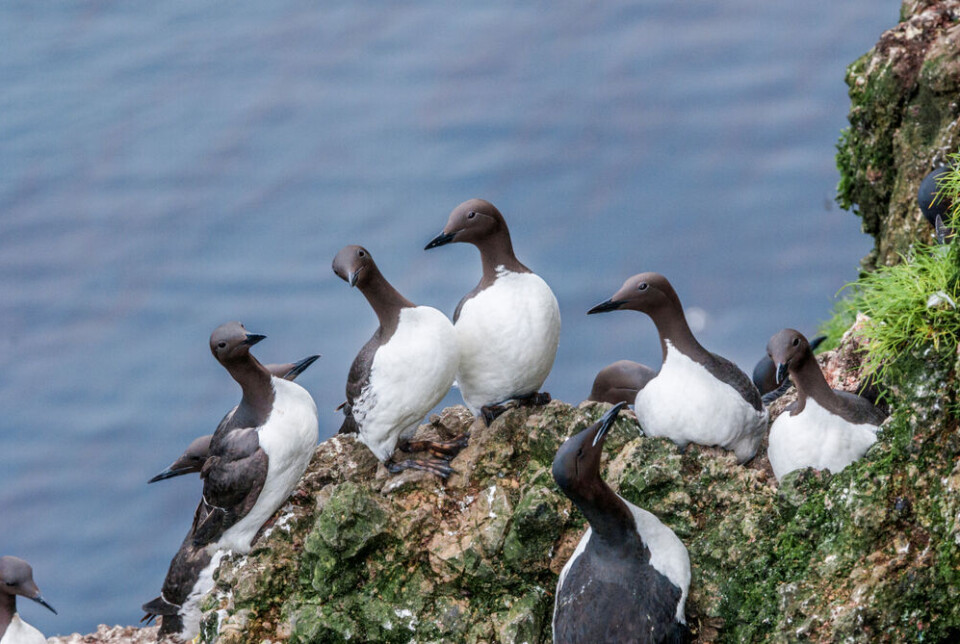-
La Voie Bleue: European Cycle Route of the Year is in France
700km bike path linking Luxembourg and Lyon has been crowned winner of the 2026 title
-
MAP: See how your location in France affects online food shop prices
New analysis shows how your shop compares on average
-
Further sightings of processionary caterpillars in France prompt action from local authorities
Caterpillars have arrived early after mild winter
Mystery of 130 dead seabirds found on France’s Atlantic beaches
A lack of fish, climate change and accidental capture has been cited as possible reasons

Concerns have been raised over a large increase in dead birds being washed up on the west coast of France, with more than 100 discovered in the last five weeks.
The dead birds have been identified as guillemots de Troïl (common guillemots or common murres), a penguin-like species that live across the Atlantic shore.
The animal rights organisation Sea Shepherd, which focuses on marine wildlife, said the animals have mostly been washing up in the Vendée department but that Brittany and the English Channel are also affected.
It said their volunteers had counted more than 130 dead guillemots on a single 120 km stretch of beach in the Vendée.
The French Ligue de la Protection des Oiseaux (LPO) states that their volunteers have reported nearly 250 stranded guillemots along the west coast in recent weeks.
Deaths are mystery… but bird flu ruled out
Currently, there is no consensus over the cause of death in the birds but tests are underway. Bird flu has been ruled out by the LPO.
Read more: Cat euthanised after being infected with bird flu, a first in France
Despite this, the association has quarantined the 87 guillemots currently rescued, as a precautionary measure.
All of the rescued birds are experiencing similar symptoms of ‘hypothermia and worrying thinness’ the LPO said. Sea Shepherd adds many birds it has rescued have “lost more than 25% of their weight… [and are registering] temperatures 3C lower than normal.”
One possible cause could be overfishing, leading to a lack of food for them or climate change affecting the birds’ habitats.
Another potential cause is from an increasing number of birds being captured accidentally by fishing vessels, causing trauma for those released or accidentally killing others. A temporary ban on certain fishing vessels that was in place in January and February this year means this is unlikely, however.
Autopsies will be carried out on a number of dead birds to examine the causes.
Read more: ‘Hyper-aggressive' seabirds force Marseille to take action
What to do if you spot a distressed animal?
The LPO has identified some tips for people who come across injured guillemots when walking along French beaches.
The first thing to note is that any dead birds should not be handled by members of the public.
If a bird is still alive and in danger, you can touch it but you should wear gloves.
The bird’s wings should be kept close to its body, and its head covered/hidden so it does not see what is happening. It should be taken to a quiet location and put in a cardboard box with some breathing holes. Do not put the bird in a wire or mesh cage.
You can contact your local LPO (details available online), or any other contact points recommended by your local departmental prefecture.
Most departments list contact points for finding wild animals online – you can find these by searching ‘animal sauvage’ plus the name of the department you are in, and looking for the prefecture website.
Contact one of these points to arrange transfer of the bird to the authorities in question.
Note that it is forbidden to bring wild animals into your home, even if only temporarily treating them before handing them to a shelter.
Related articles
How to raise alarm if you see a pet in distress on your French travels
























